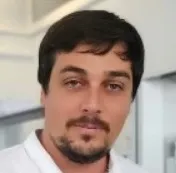Russian AI Diagnoses Precancerous Stomach Conditions with Unprecedented Accuracy
Researchers from Sechenov University and Beeline have upgraded an AI algorithm capable of diagnosing atrophic gastritis—a precancerous stomach condition—with 96% accuracy. The computer vision–based system detects early pathological changes, giving doctors a powerful tool to predict cancer risk with near-perfect precision.
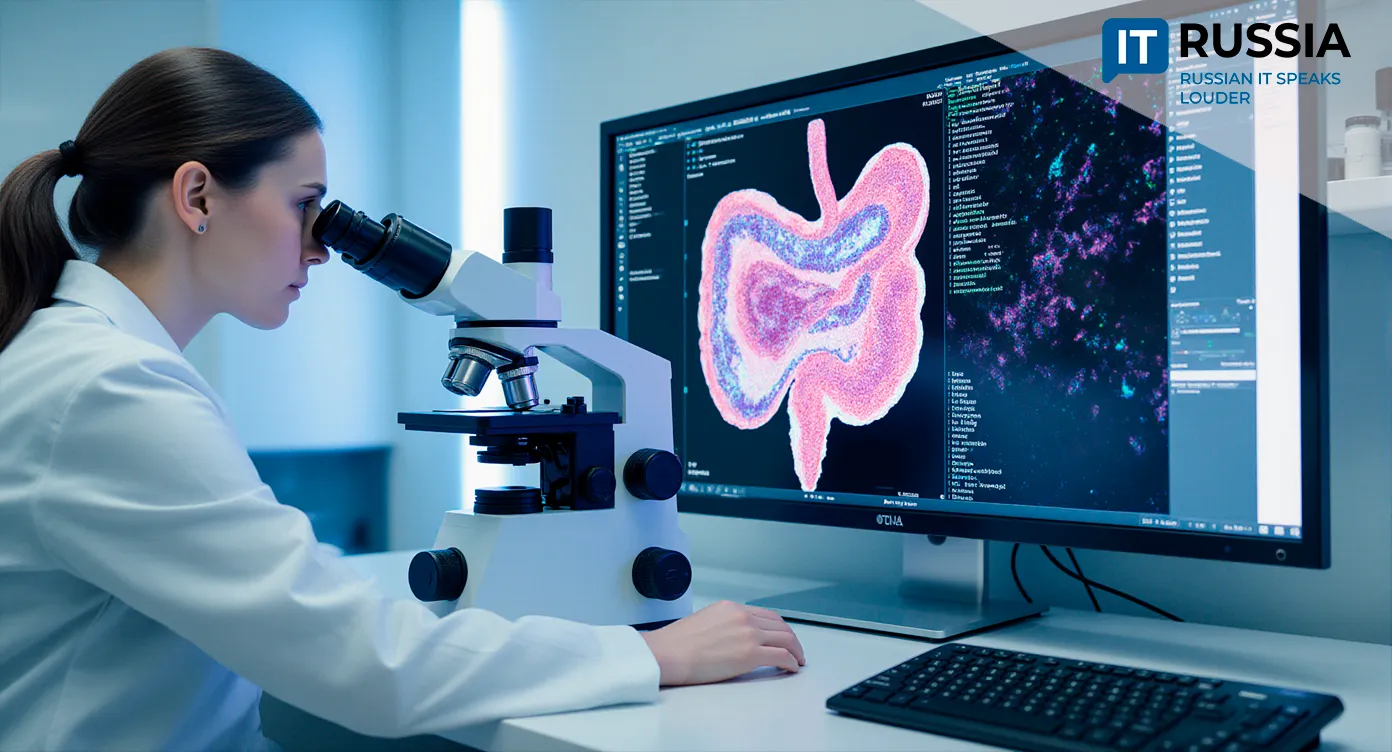
From Digital Scans to Saved Lives
In the global race for innovation, Russia is asserting itself as a major player in high technology—particularly at the intersection of artificial intelligence and healthcare. A striking example of this momentum is the MedTech AI project developed by Sechenov University in partnership with telecom provider Beeline.
This collaboration has produced a next-generation diagnostic algorithm for atrophic gastritis, demonstrating not just research excellence but a systemic shift in Russian healthcare’s digital transformation. Artificial intelligence is becoming integral to the nation’s medical infrastructure, redefining how diseases are diagnosed, monitored, and treated.
How the Technology Works
Atrophic gastritis is a subtle but dangerous condition that affects about 90 million people worldwide and over 680,000 in Russia. It requires meticulous microscopic examination of tissue samples—a process prone to human error. Delayed or inaccurate diagnosis can lead to stomach cancer.
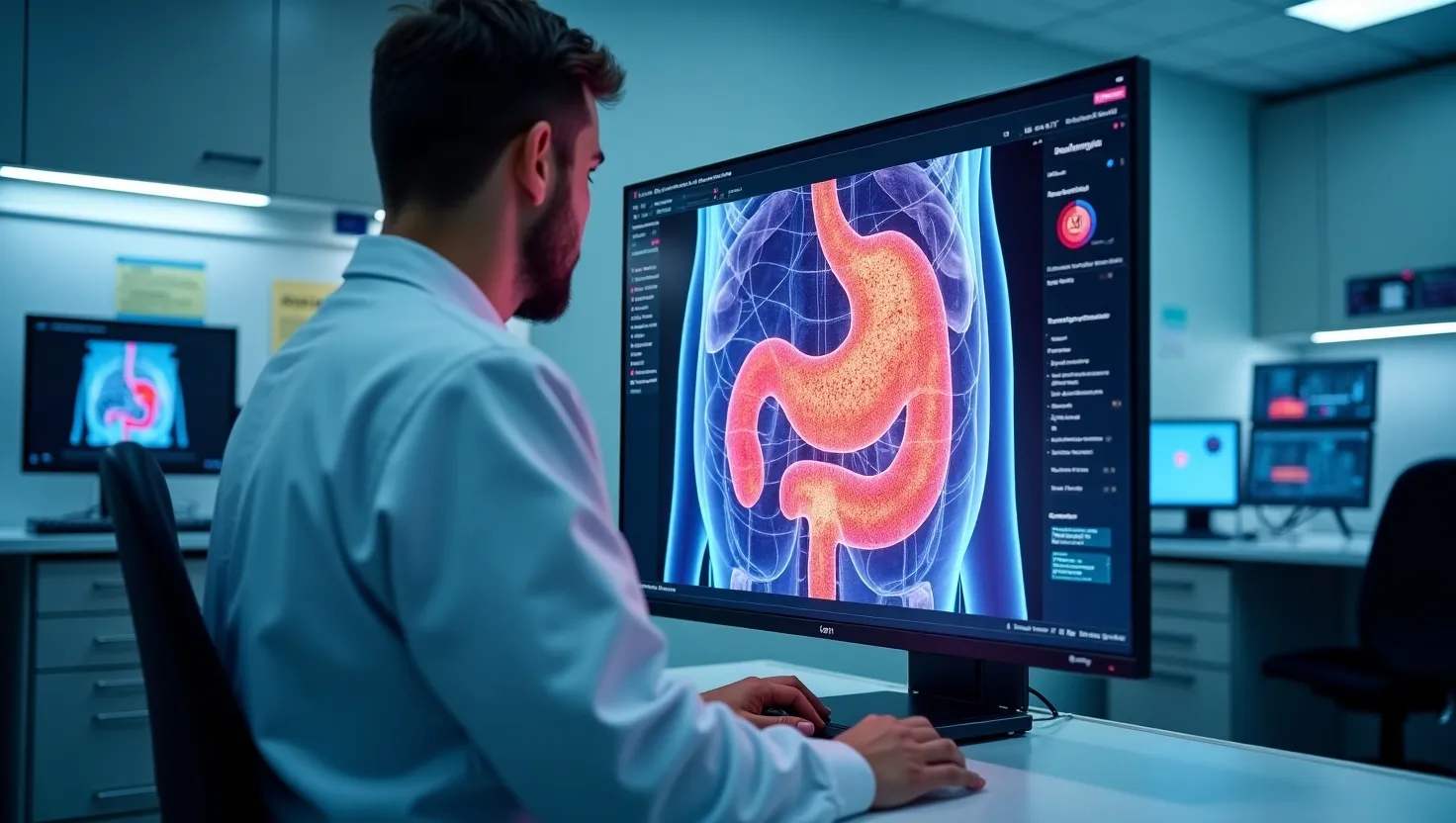
The new AI algorithm performs automated analysis of digital biopsy slides using computer vision. With an impressive 96% accuracy, it identifies critical biomarkers such as glands, lymphocytes, and goblet cells, and most importantly, detects intestinal metaplasia. Beyond detection, the system quantifies the extent of affected tissue using the OLGIM standard—the international benchmark for gastric cancer risk assessment. Unlike many experimental prototypes, this is a nearly market-ready solution designed to serve as a reliable assistant to gastroenterologists, improving diagnostic speed and consistency.
Catalyst for Systemic Change
The implications of this achievement extend far beyond one medical specialty. For patients, it means faster, more standardized, and more accurate diagnostics—enabling early intervention and saving lives.
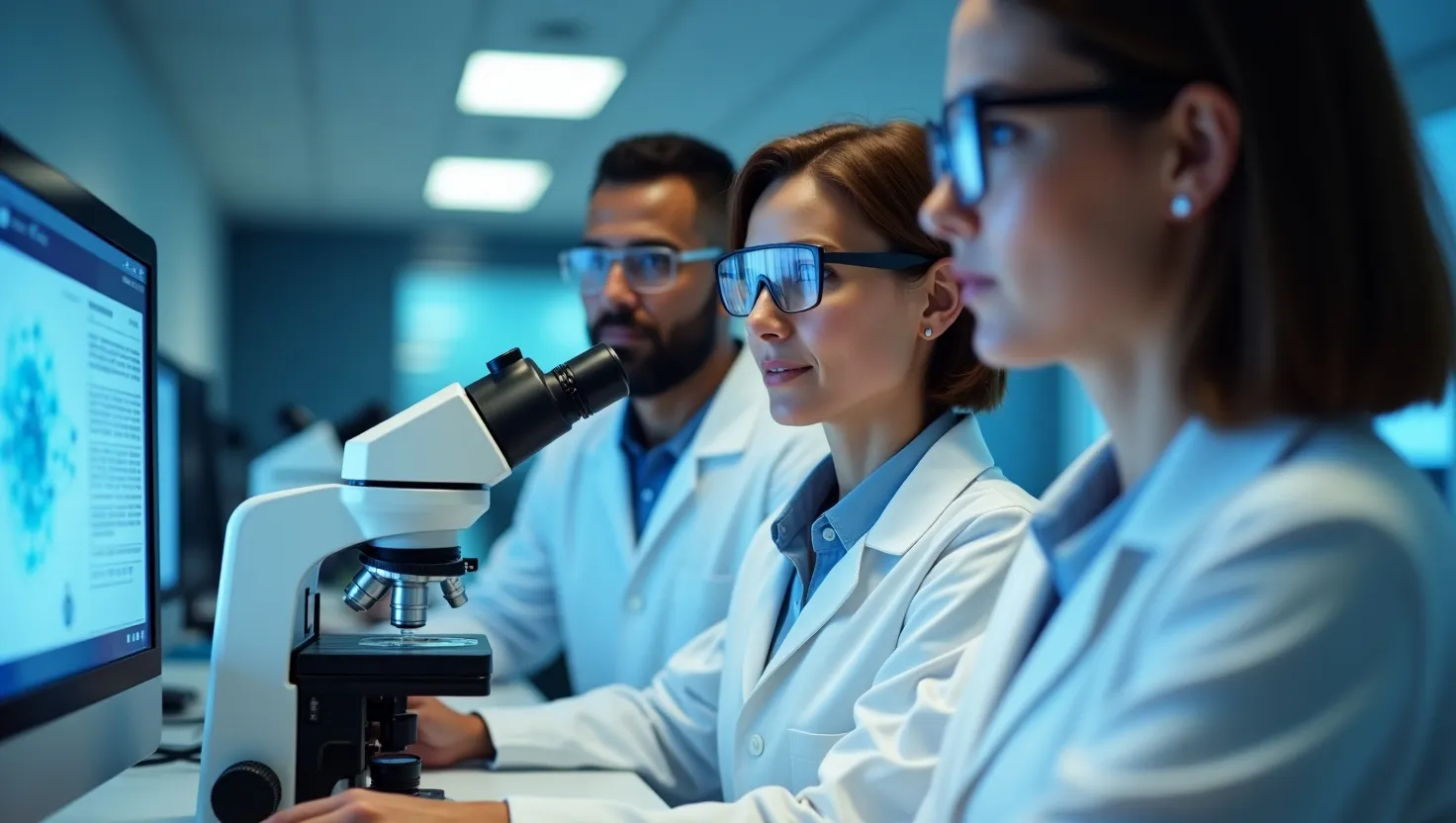
For Russia’s MedTech sector, the project underscores national competence in computer vision and digital pathology. It supports the country’s broader strategy for AI integration in healthcare and sets the stage for scaling similar solutions under the national insurance system (OMS). The project’s success also signals to investors that Russia’s innovation ecosystem has matured enough to deliver not only ideas but globally competitive products.
On a global level, the technology aligns with the emerging field of digital pathology. Because it adheres to OLGIM and OLGA international standards, the system already possesses export potential. Once certified, it could be deployed as standalone Software as a Medical Device (SaMD) and integrated into diagnostic workflows in clinics worldwide.
From Local Implementation to Global Export
Russia has not only built a powerful algorithm but also the ecosystem to implement it. The domestic healthcare market is already primed: in 2024 alone, about 600,000 mammographic screenings were conducted using AI under the national insurance program, significantly reducing physicians’ workload and improving reporting times.
Sechenov University has previously brought AI solutions—such as the OncoPro platform—to official registration as medical devices. The pathway for this new technology is clear: clinical validation, regulatory approval through Russia’s digital fast-track procedures, and eventual integration into nationwide screening programs.
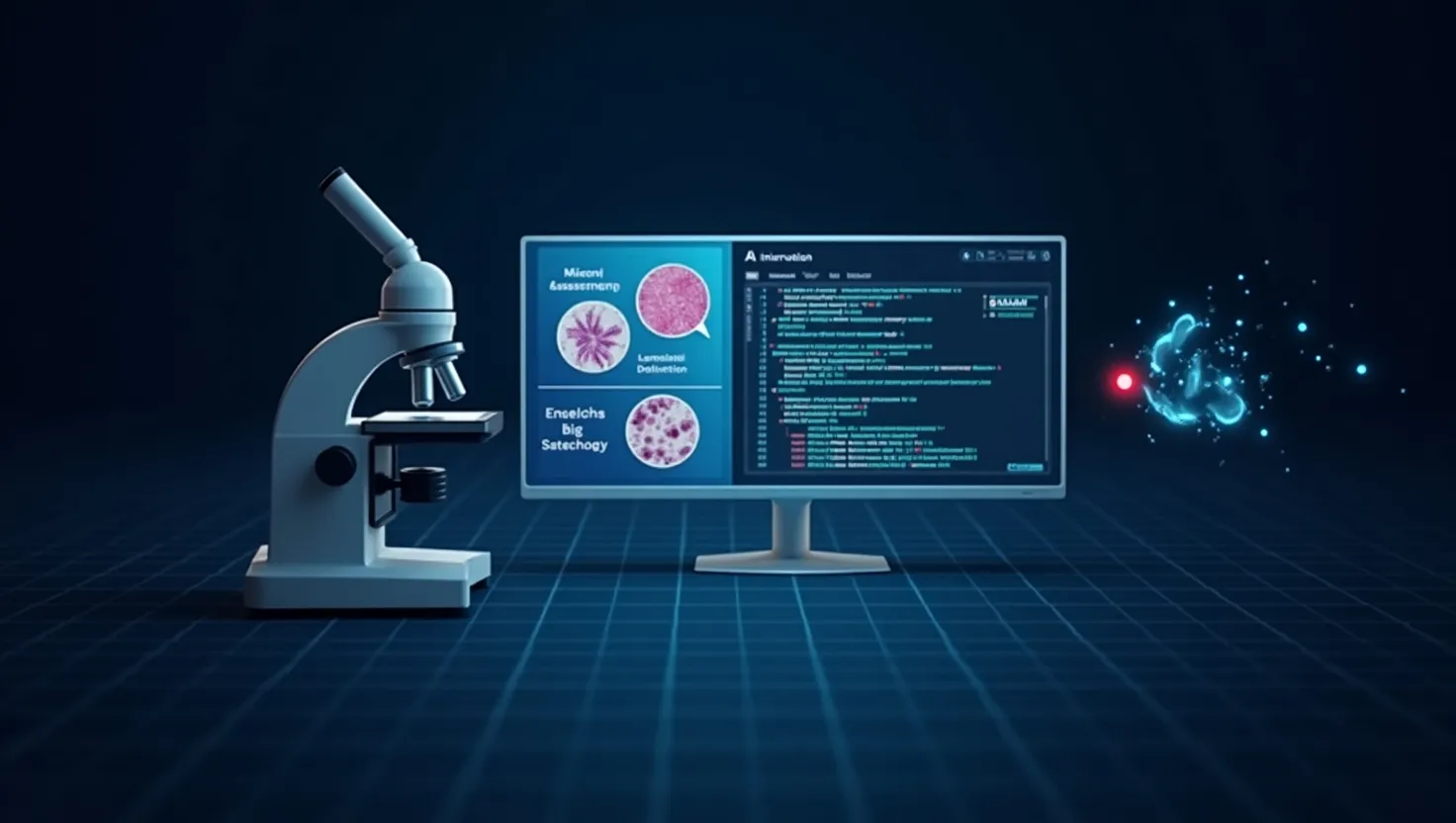
Its export prospects are equally promising. The global digital pathology market is expanding rapidly. European projects such as Sweden’s MASAI initiative have shown that AI can boost cancer detection rates by 29%. Meanwhile, large-scale trials within the UK’s NHS highlight a growing global demand for validated diagnostic software. With its robust evidence base and international compliance, the Russian algorithm could gain traction through partnerships with hospitals and MedTech distributors in friendly markets.
Technological Sovereignty in Action
The MedTech AI project is more than a scientific breakthrough—it’s a tangible outcome of collaboration between academia and industry. It demonstrates how Russian science and the private sector are combining strengths to produce competitive, life-saving technologies.
Healthcare has become a proving ground for Russia’s pursuit of technological sovereignty. Creating intelligent diagnostic systems that save lives is not just a matter of prestige—it’s an investment in human capital and long-term national resilience.


